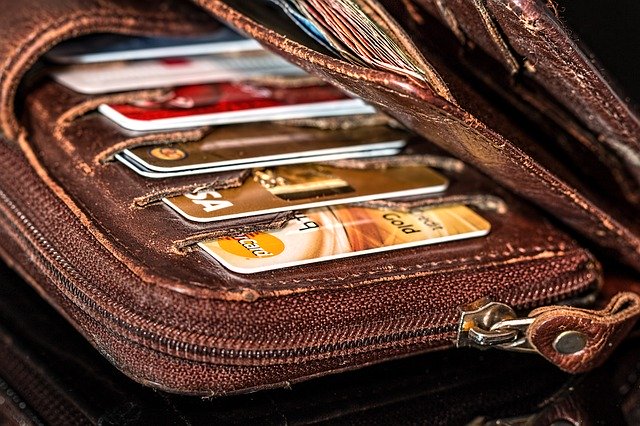Can too many credit cards lower your credit score?
One question that I’m asked frequently is whether you can have too many credit cards. Well, the answer is – it depends.
Over the years, it’s easy to acquire quite a few credit cards. Maybe you signed up for a store credit card to take advantage of a special promotion. Or you have more than two or three Visa or Mastercard credit cards because you liked their rewards program. Whatever the reason, you have a handful of credit cards and you are wondering if having too many cards can negatively impact your credit score.
The short answer is no. Having a lot of credit card accounts will not ding your credit score. The credit bureaus focus on payment history and total debt. So if you have demonstrated that you can handle credit wisely by always paying your bills on time, over a long period of time, and not maxing out all of your credit cards, the amount of credit accounts doesn’t matter.
Be aware of your credit utilization ratio
But, if you have trouble controlling your spending, even one credit card can be a temptation to take on more debt than you can pay in full when the bill comes due. And charging numerous cards up to their credit limit will lower your credit score. That’s because credit bureaus look at your total debt, as well as your credit utilization ratio. Experian, one of the top three credit reporting agencies, defines credit utilization ratio as follows:
“Your credit utilization rate, sometimes called your credit utilization ratio, is the amount of revolving credit you're currently using divided by the total amount of revolving credit you have available. In other words, it's how much you currently owe divided by your credit limit. It is generally expressed as a percent”
Most experts recommend using no more than 30% of your available credit. So if you have a credit card with a $5000 limit, you should not have a balance greater than $1500. If you have one credit card with a $5000 limit and a $3600 balance, and another card with a $7000 limit and a zero balance, you still have a credit utilization ratio of 30%. ($12,000 total limit x 30% = $3600).
Avoid applying for multiple cards in a short period of time
Another potential problem is signing up for multiple credit cards in a short period of time. That signals potential creditors that you may increase your debt load. A debt load is the total amount of debt you have versus your available credit. So if you are trying to buy a car or secure a mortgage, this credit card activity will raise a red flag. If you acquire your credit cards slowly, over several years, no problem.
Don't cancel unused credit card accounts
Since credit reporting agencies also look at the length of credit history, acquiring a new credit card or closing an unused account lowers your length of credit history. In turn, that could result in a lower credit score. Not only does closing an unused account will reduce your length of credit history, it also lowers your available credit. For that reason, Experian recommends not that you do not close unused credit card accounts.
Conclusion
Although having a lot of credit card accounts will not in itself lower your credit score, mishandling those accounts will. Therefore, make sure you always pay your bills on time and limit your overall debt. Make sure your credit utilization t ratio is not greater than 30%. And don’t cancel unused credit cards.
By the way, if you’d like to learn more about everyday money matters, consider the Hire Your Money® course. It is a cutting edge, cloud-based interactive course that empowers young people to take command of their money lives. You will be able to access the course on your favorite internet-enabled device. No reading required. Included are presentations about must-know money topics, videos, and downloadable money tools.


